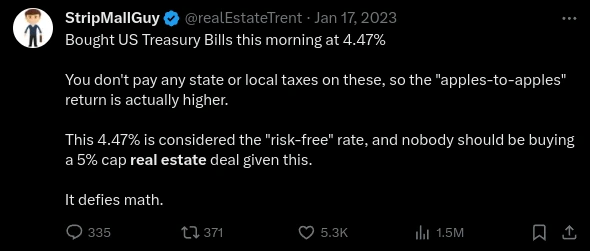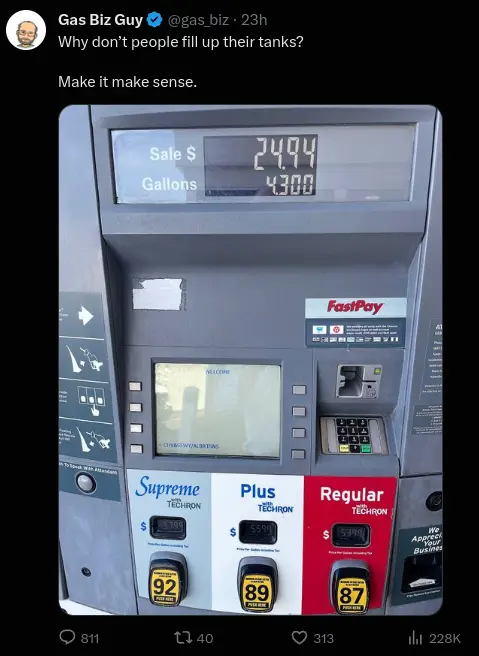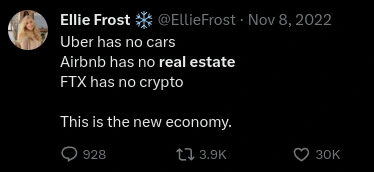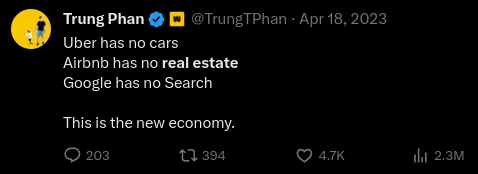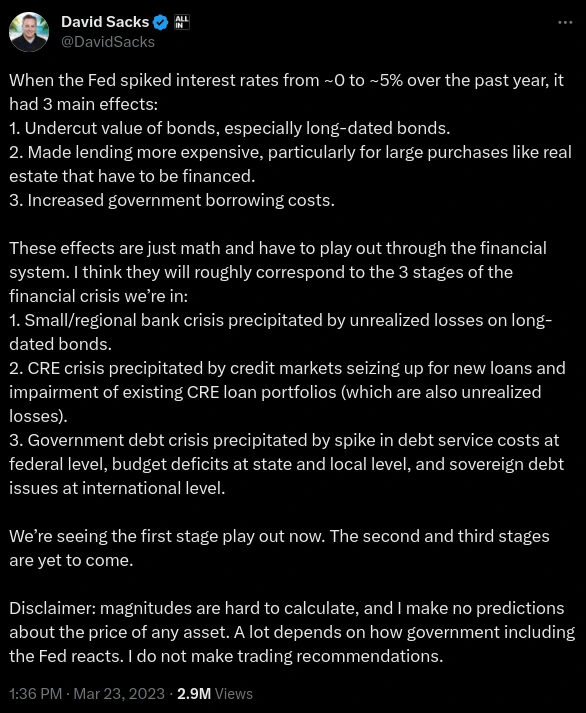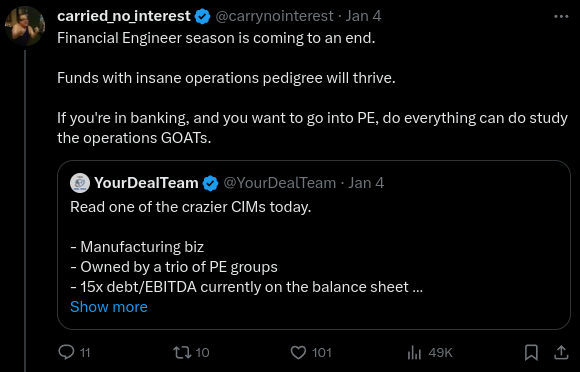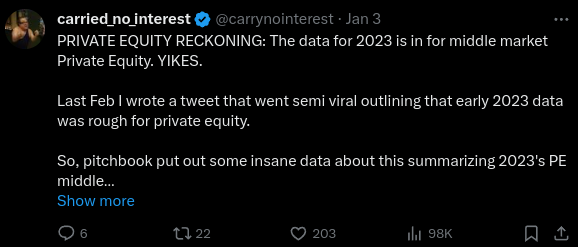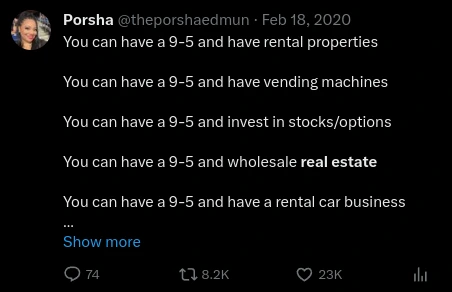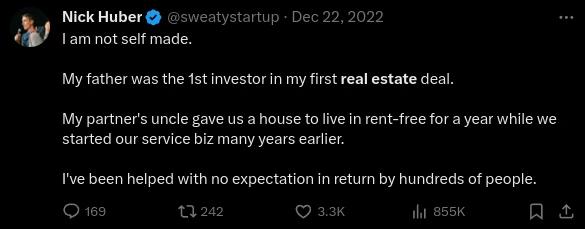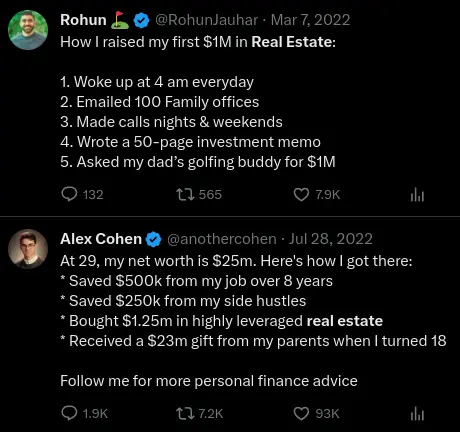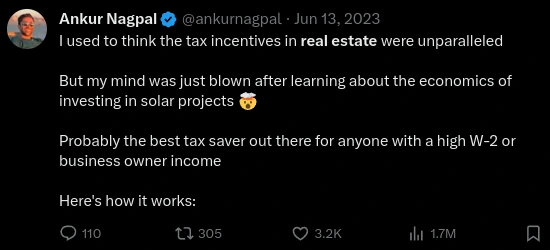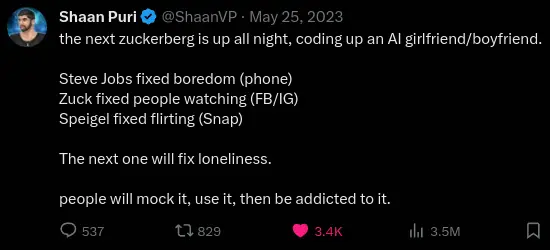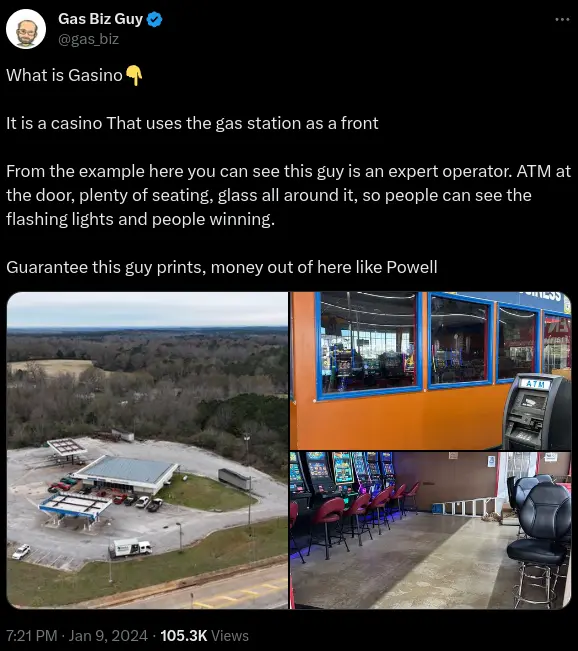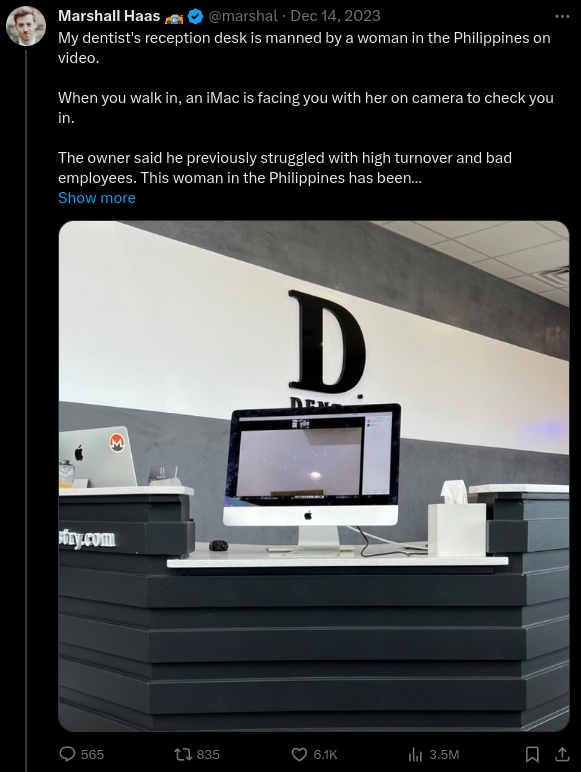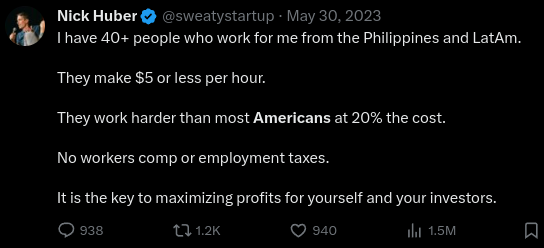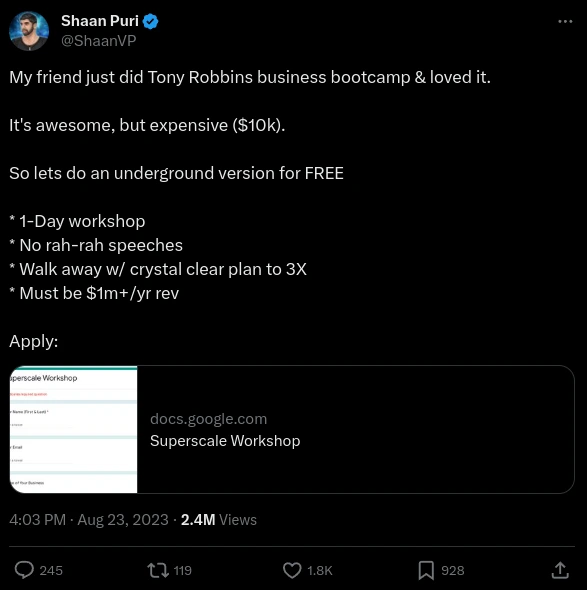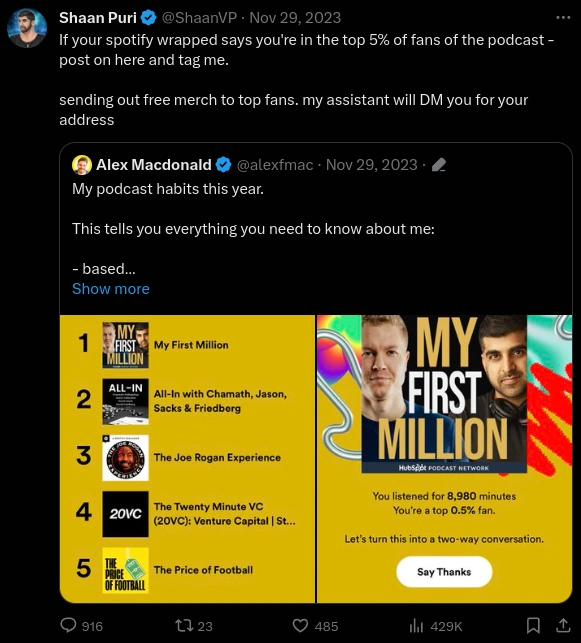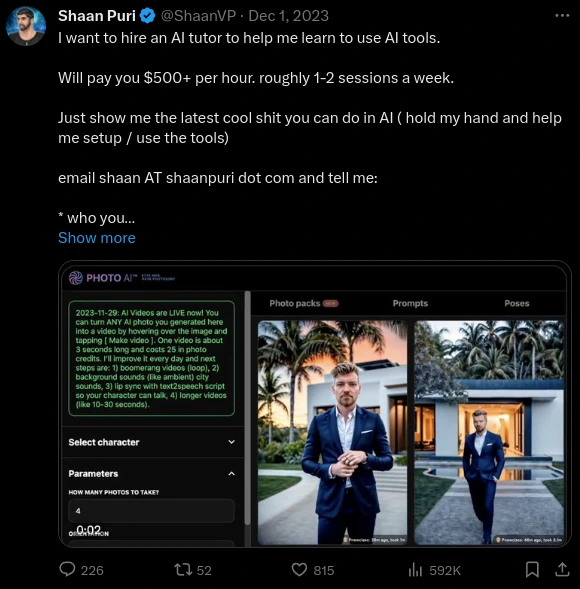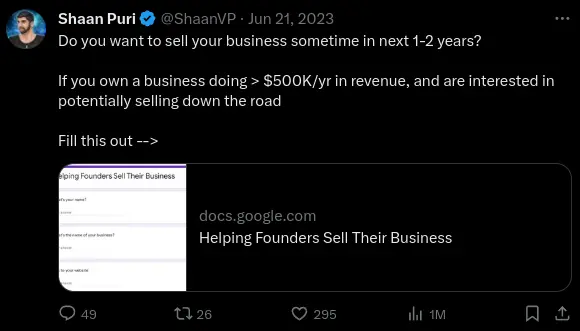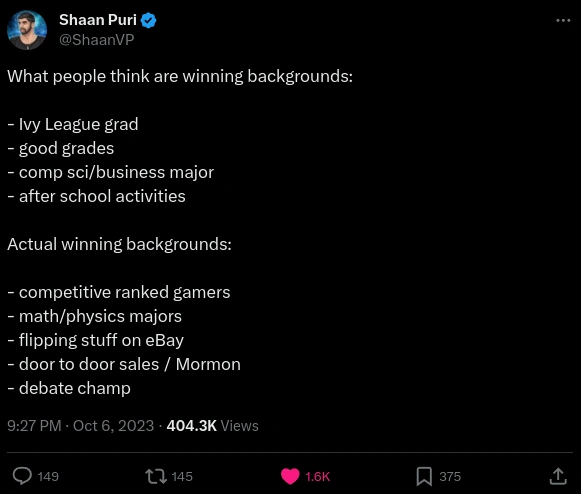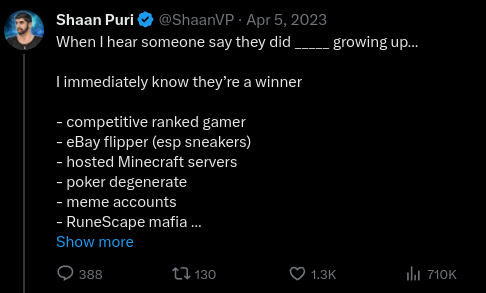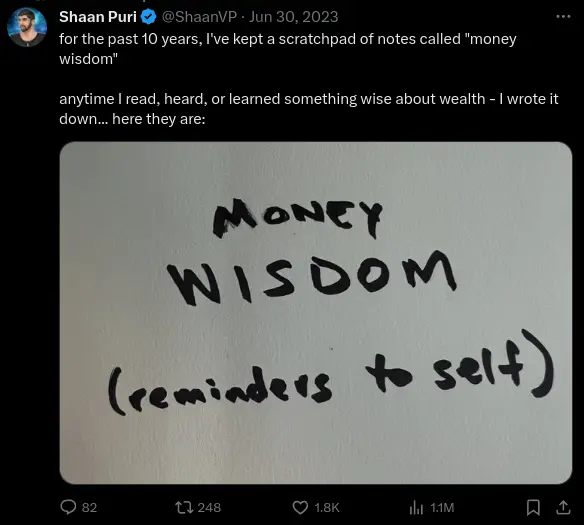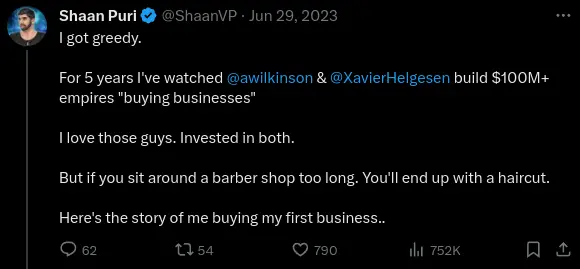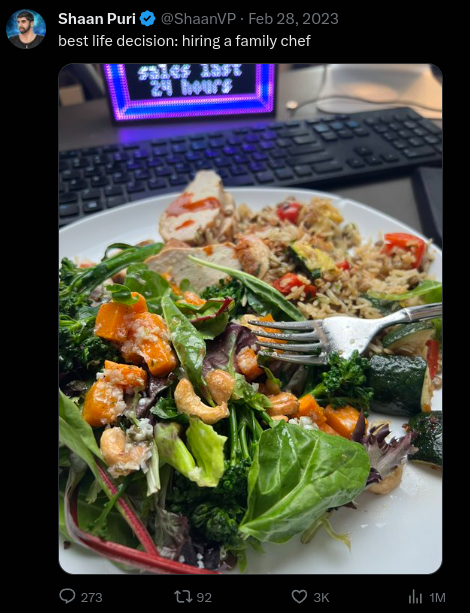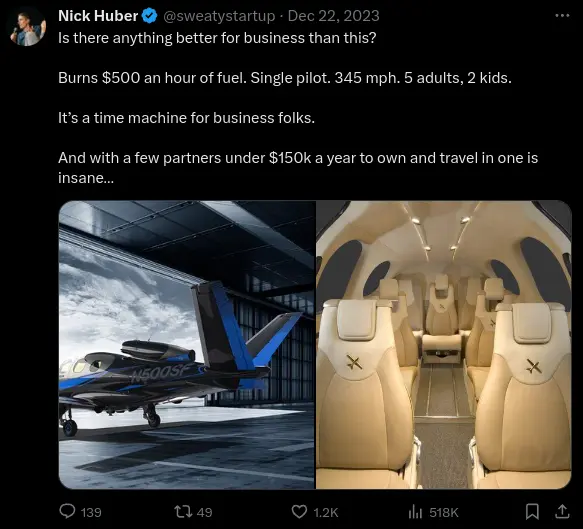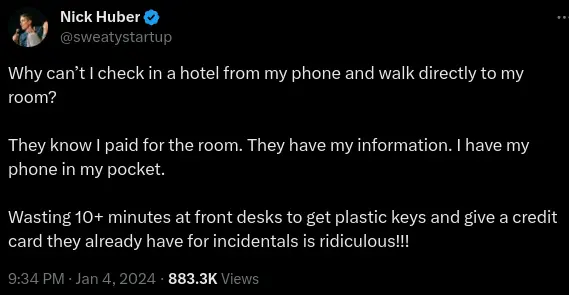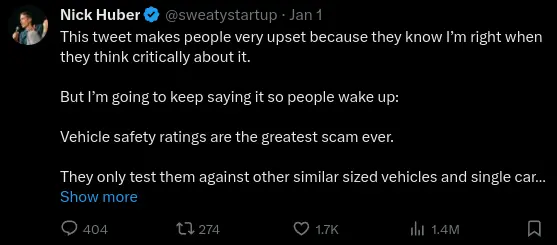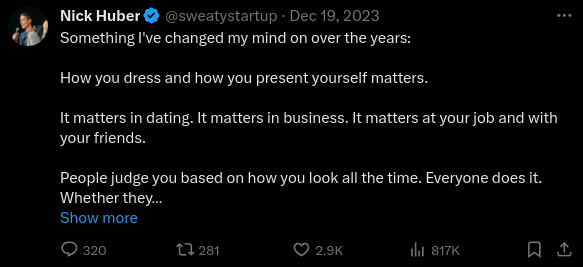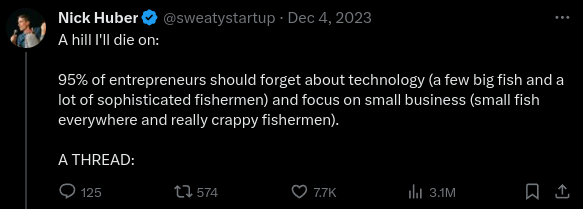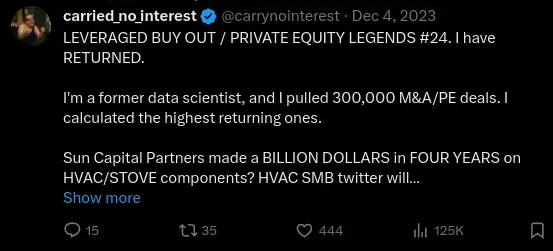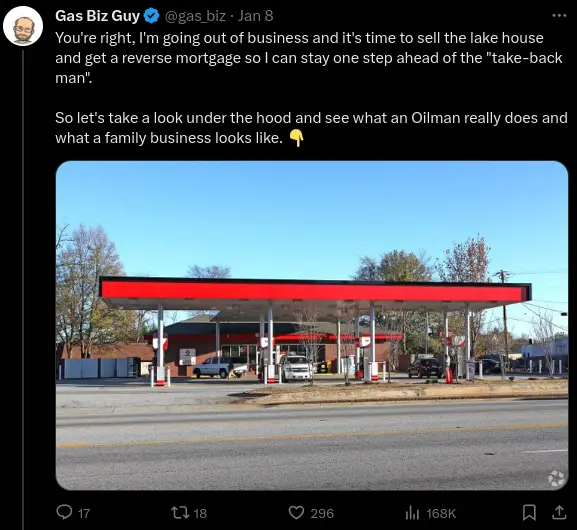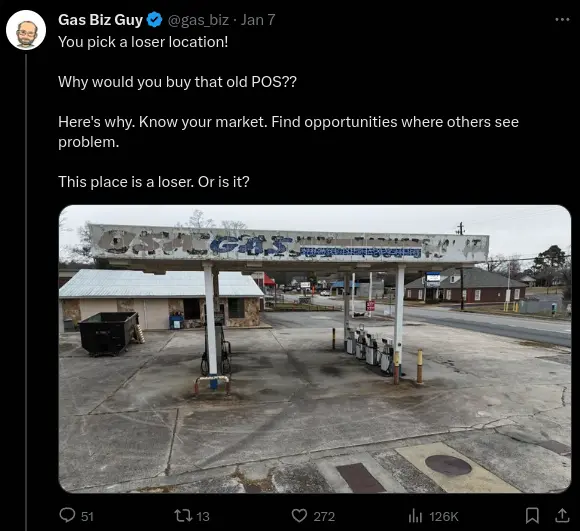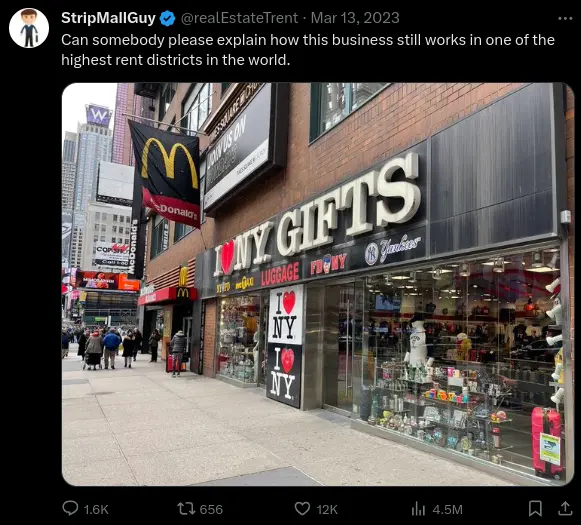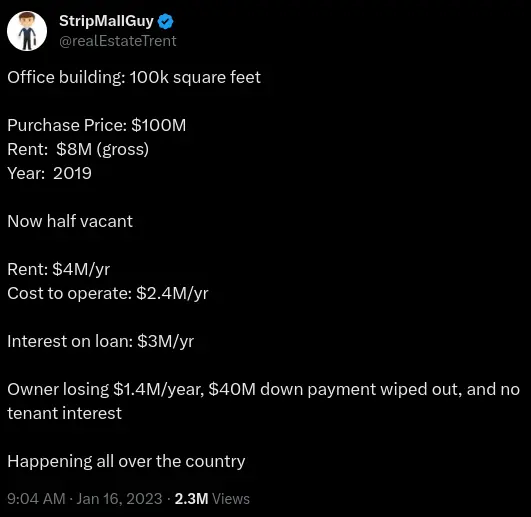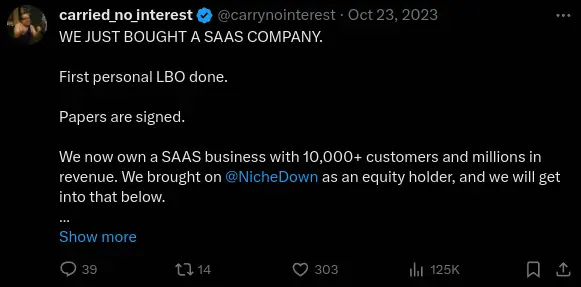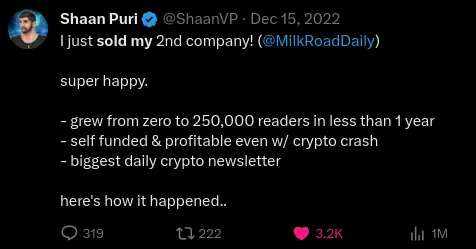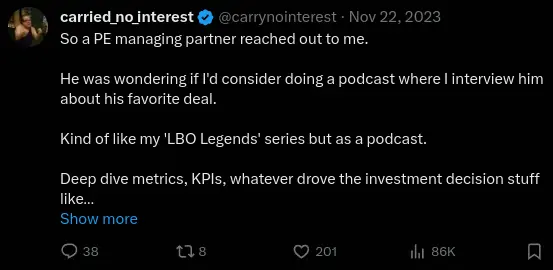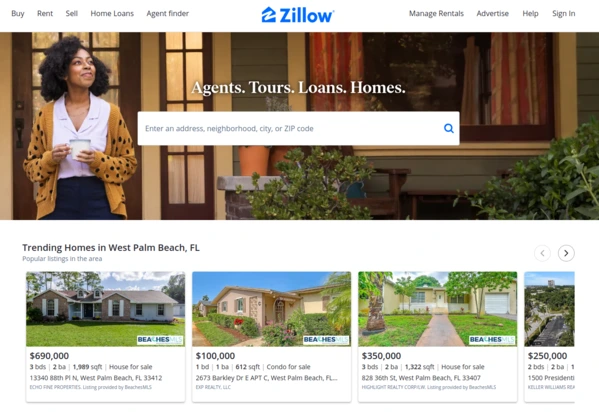Charlie Munger died this week, but before he died, he taught Warren Buffett how to build the most successful investment business of all time: Berkshire Hathaway.
Charlie taught Warren how to invest in scalable businesses that were under temporary duress, rather than investing in super cheap but bad businesses that would need to be liquidated.
Had it not been for Charlie’s tragic life story (his childhood was spent in the Great Depression, his early career was sacrificed to World War II, and he spent his life savings on medical treatments for his 9 year old son before his son died of lukemia when Charlie was 31), Charlie would very likely have ended up richer than Warren Buffett. As it is, Charlie Munger had a net worth of $2.6 billion at his death, and he would have been worth over $6 billion if he hadn’t given the majority of his wealth to his kids before he died.
Here are Charlie’s top 10 lessons for building huge, profitable businesses. All quotes below are from Charlie Munger unless otherwise noted.
1. You have to be a learning machine.
“You’re not going to get very far in life on the basis of what you already know. You’re going to advance in life by what you’re going to learn.”
“In my whole life, I have known no wise people who didn’t read all the time. None. Zero.”
“I think a life properly lived is just learn, learn, learn all the time.”
“I constantly see people rise in life, who were not the smartest, sometimes not even the most diligent, but they are learning machines. They would go to bed every night a little wiser than they were when they got up, and boy does that habit help, particularly when you have a long run ahead of you.”
“Spend each day trying to be a little wiser than you were when you woke up.”
“The game of life is the game of everlasting learning. At least it is if you want to win.”
2. Learn as efficiently as possible.
“You’re not learning anything if you’re not making mistakes.”
“I believe in the discipline of mastering the best that other people have ever figured out. I don’t believe in just sitting down and trying to dream it all up yourself. Nobody’s that smart.”
“Another trick that I got very early was that I love big ideas. They have a lot of instructive power. And I liked them so well that I didn’t mind when they were in somebody else’s territory. I just went in and took the ideas. So I paid no attention to the territorial boundaries of academic disciplines. I just grabbed all the big ideas that I could, and then I used them in daily activity to solve problems… well that makes me a collector — a collector of inanity. And I’ve catalogued the inanities and structures in my head, and it’s been a wonderful thing to do. If you stop to think about it, how many unhappy collectors do you know?”
3. Don’t try to be smart. Try not to be stupid.
“It is remarkable how much long-term advantage people like [Warren Buffett and I] have gotten by trying to be consistently not stupid, instead of trying to be very intelligent.”
“I was very lucky in my own life because every place I looked, at the pinnacle there was a guy better than I was…[someone who] I knew I would never be as good as he was…[yet] there was all this folly out there, and suddenly I realized if I just avoid all the folly, maybe I can get an advantage without having to be really good at anything. And I kept doing that all my life, and it worked so well, that I enjoy sharing it with people like you. It really works to tackle much of life by inversion, where you just twist the thing around backwards and answer it that way…”
4. Try to compete against idiots.
One of the most valuable lessons that Charlie learned early in his career was that it was much easier to compete against idiots than against savants. That lesson allowed Charlie to make his first several million dollars in real estate. Today, VCs often focus on total addressable market size, but they don’t focus as much as they should on average market stupidity.
“It’s not that great a business, as a business — casualty insurance — it’s a tough game. There are temptations to be stupid in it. It’s like banking. But competency is a relative concept, and what a lot of us need [and what I need] to get ahead is to compete against idiots, and luckily there’s a large supply.”
If you’re going to start a business today, look for a market of idiots. Here are a few examples:
- Real estate
- Insurance agencies
- Car dealerships
- Media buying
- Wholesaling
Additionally, most small businesses are severely underoptimized. How many times have you called a plumber, contractor, or trades person and they didn’t pick up or text you back? Basic marketing, tech, and business skills will enable you to outperform most small businesses in most counties.
5. Incentives determine outcomes, so design good incentives for your employees.
“Show me the incentive, and I’ll show you the outcome.”
“Incentives are superpowers.”
“Perhaps the most important rule in management is ‘get the incentives right’.”
“Early in the history of Xerox, Joe Wilson, who was then in the government, had to go back to Xerox because he couldn’t understand how their better, new machine was selling so poorly in relation to their older and inferior machine. Of course when he got there, he found out that the commission arrangement with the salesmen gave a tremendous incentive to the inferior machine.”
“Almost everyone thinks he fully recognizes how important incentives and disincentives are in changing cognition and behavior. But this is not often so… One of my favorite cases about the power of incentives is the Federal Express case. The integrity of the Federal Express system requires that all packages be shifted rapidly among airplanes in one central airport each night. And the system has no integrity for the customers if the night work shift can’t accomplish its assignment fast. And Federal Express had one hell of a time getting the night shift to do the right thing. They tried moral suasion. They tried everything in the world without luck… Finally, somebody got the happy thought that it was foolish to pay the night shift by the hour when what the employer wanted was not maximized billable hours of employee service but fault-free, rapid performance of a particular task. Maybe, this person thought, if they paid the employees per shift and let all night shift employees go home when all the planes were loaded, the system would work better. And, lo and behold, that solution worked.”
In one of Charlie’s speeches, he also quoted Ben Franklin: “If you would persuade, appeal to interest and not to reason.” Charlie emphasized that point by saying that you should “never, ever, think about something else when you should be thinking about the power of incentives.”
“Widespread incentive-caused bias requires that one should often distrust, or take with a grain of salt, the advice of one’s professional advisor, even if he is an engineer. The general antidotes here are: (1) especially fear professional advice when it is especially good for the advisor; (2) learn and use the basic elements of your advisor’s trade as you deal with your advisor; and (3) double check, disbelieve, or replace much of what you’re told, to the degree that seems appropriate after objective thought.”
“The strong tendency of employees to rationalize bad conduct in order to get rewards requires many antidotes in addition to the good cash control promoted by [cash registers]. Perhaps the most important of these antidotes is use of sound accounting theory and practice.”
6. Deliver what you’d want to receive if the situation was reversed.
“You want to deliver to the world what you would buy if you were on the other end.”
“To get what you want, you have to deserve what you want. The world is not yet a crazy enough place to reward a whole bunch of undeserving people.”
7. Buy businesses that already have great management in place.
“We can’t teach the old tricks to the young dogs — that’s what we’ve found. So we keep the old dog in place… It’s amazing how much of the record of Berkshire has come from the old dogs who are in the businesses when we buy them.”
8. Wait for a fat pitch, then swing hard.
“The great investors are always very careful. They think things through. They take their time. They’re calm. They’re not in a hurry. They don’t get excited. They just go after the facts, and they figure out the value. And that’s what we try to do.”
“The big money is not in the buying and the selling, but in the waiting.”
“If you want to be a good investor, you have to have a long-term perspective. You have to be willing to be very patient and wait for the right pitch. And when you get the right pitch, you have to be ready to swing hard. You can’t just take a little teeny tiny swing. You have to swing with all your might.”
9. Beware of overestimating how much you know someone just from meeting them.
“Everybody thinks you can judge somebody by an interview, and of course you know who you like and who you don’t like, but everybody overestimates how much you can tell, in prediction, just by meeting somebody. We all like to think we have that capacity, but it’s a vastly stupid type of overconfidence. The paper record has about three times the predictive value of your impression in an interview, and of course [we at Berkshire Hathaway] are buying great paper records. It’s so simple.”
10. Cost of capital is a useless metric.
“Obviously, considerations of cost are important in business. And obviously, opportunity costs… are also very important. We’ve always had that kind of basic thinking. Of course capital isn’t free. Of course you can figure the cost of capital when you’re borrowing money, or at least you can figure the cost of loans. But the theorists had to develop some theory for what equity cost, and there they just went bonkers. They said if you earned 100% on capital because you had some marvelous business, [then] your cost of capital was 100% and therefore you shouldn’t look at any opportunity that returned a lousy 80%. THAT is the kind of thinking which came out of the capital assets pricing models that I’ve always considered inanity. What is Berkshire’s cost of capital? We have this damn capital. It just keeps multiplying and multiplying. What is its cost? You have perfectly good old-fashioned doctrines like opportunity cost. At any given time when we consider an investment, we have to compare it to the best alternative investment we have at that time. We have perfectly good old-fashioned ideas that are very basic that we use, but they weren’t good enough for these modern theorists so they invented all this ridiculous mathematics which concluded that the companies which made the most money had the highest cost of capital. Well, all I can say is it’s not for us.”
Bonus 1: Charlie Munger’s Moral Code
“Wisdom acquisition is a moral duty.”
“The best thing a human being can do is to help another human being know more.”
Bonus 2: Charlie Munger Zinger
“When people use the word common sense, what they mean is uncommon sense, because the standard human condition is ignorance and stupidity.”

